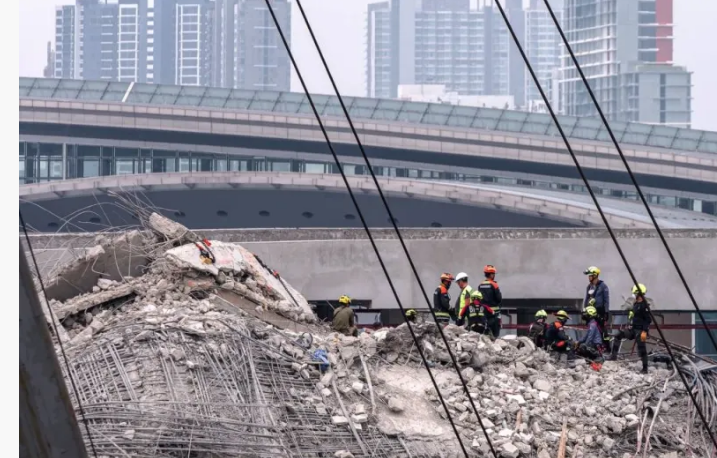Meta has announced that it will discontinue WhatsApp support for older Android smartphones starting January 1, 2025. Devices running Android KitKat or earlier versions will no longer be able to access the messaging app, marking a significant shift as the platform moves to leverage newer hardware capabilities.
Android KitKat, launched in 2013, powers devices with outdated hardware that struggles to support WhatsApp’s evolving features, Meta explained. The decision reflects the app’s increasing demand for more robust performance as it incorporates features like artificial intelligence and other advanced functionalities.
Popular phone models affected by this change include the Samsung Galaxy S3, Galaxy Note 2, Galaxy S4 Mini, Motorola Moto G (1st Gen), Motorola Razr HD, and Moto E 2014. Additionally, older devices from brands such as HTC, LG, and Sony will also lose access to WhatsApp.
Meta’s move is not unprecedented. Earlier this year, the company announced it would end support for iPhones running iOS versions older than 15.1. These steps are part of a broader strategy to streamline app performance and ensure compatibility with modern hardware.
“This decision is primarily due to the limited hardware capabilities of older devices,” Meta stated, emphasizing the need for seamless integration of new features. The company noted that maintaining support for outdated systems can hinder innovation and performance.
While the move is a step forward for WhatsApp’s development, it is likely to affect a significant number of users, particularly in developing regions where older smartphones remain prevalent. For many in these areas, such devices are a cost-effective option, and losing access to WhatsApp—a primary means of communication—could create challenges.
Experts suggest that users with older devices consider upgrading to newer models to continue using WhatsApp and benefit from its latest updates. Meta has recommended that affected users back up their chats and media to avoid data loss during the transition.
Android KitKat was celebrated as a major update during its release over a decade ago, introducing features like immersive mode and optimized memory usage. However, as technology has advanced, the software and hardware of these devices have fallen behind the demands of modern apps.
Meta’s decision underscores the challenges of balancing accessibility for older devices with the need to innovate. For WhatsApp users, it signals the growing importance of keeping hardware up-to-date to stay connected in an ever-evolving digital landscape.


